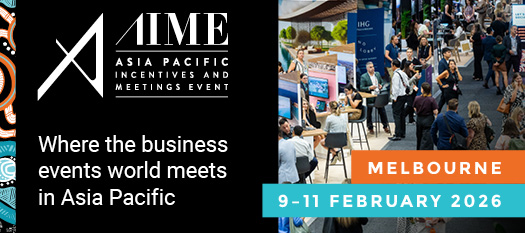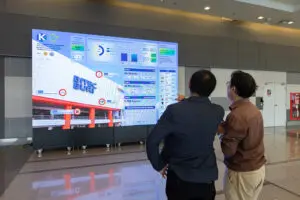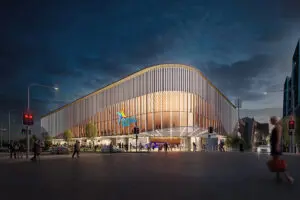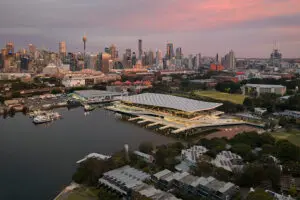Compared to both the 2023 and 2024 American Express GBT Meetings & Events Global Forecasts, this is an optimism drop, with 82 per cent optimistic for the 2024 forecast and 77 per cent optimistic for the 2023 forecast.
The forecast has been compiled from 519 surveys of those working in corporations and associations as well as event buyers and suppliers. A dozen industry leaders also took part in in-depth interviews for the forecast.
“Our forecast highlights a strong and optimistic outlook for the meetings and events industry,” said AMEX Global Business Travel’s senior vice president of professional services, Gerardo Tejado.
“In-person meetings continue to dominate with prioritisation of attendee engagement, sustainability and cutting-edge technology like AI to enhance the experience.
“As sustainability goals advance and AI becomes more integrated, the industry is well-positioned for continued growth and innovation.”
For 2025, 66 per cent of those surveyed expect their budgets to rise and roughly the same proportion expect an increase in meeting spend. Locally, 70 per cent of those based in Asia Pacific are expecting an increase in meeting spend, significantly up from the 57 per cent who thought the same last year.
While in-person meetings are by far the most popular – with 59 per cent of meetings expected to be in person only – hybrid and virtual events are not going away, with 21 per cent of meetings expected to be virtual only and 20 per cent being hybrid.
Internal meetings are expected to be the most common kind of meeting in 2025, with hotels the single most popular venue choice, while product launches are the second most popular kind of meeting.
Even with inflation easing, rising costs are still a consideration for 2025, with the most respondents flagging incentive costs rising, followed by higher costs for product launches and senior leadership meetings then conferences with trade shows.
In terms of challenges, location availability, cost and budget cuts are seen as the three biggest, while the responses to these challenges include, most commonly, changing the destination or lodging, having more virtual meetings and – some way behind – having fewer meetings.
On the technology front, artificial intelligence continues to loom large, with 50 per cent of planners to prioritise it in 2025. Looking more broadly at technology used for events, cost, lack of support and complicated user experience are seen as the biggest barriers to technology deployment.
Sustainability is also still on the agenda. After 78 per cent of respondents to last year’s forecast survey said they would have net zero goals by the end of 2024, for 2025, 54 per cent of respondents this year said sustainability would be highly important next year, although only 47 per cent have established sustainability goals and action plans.
Finally, in terms of creating a memorable experience, content is king, while the venue and the destination round out the top three factors with the most influence.




















